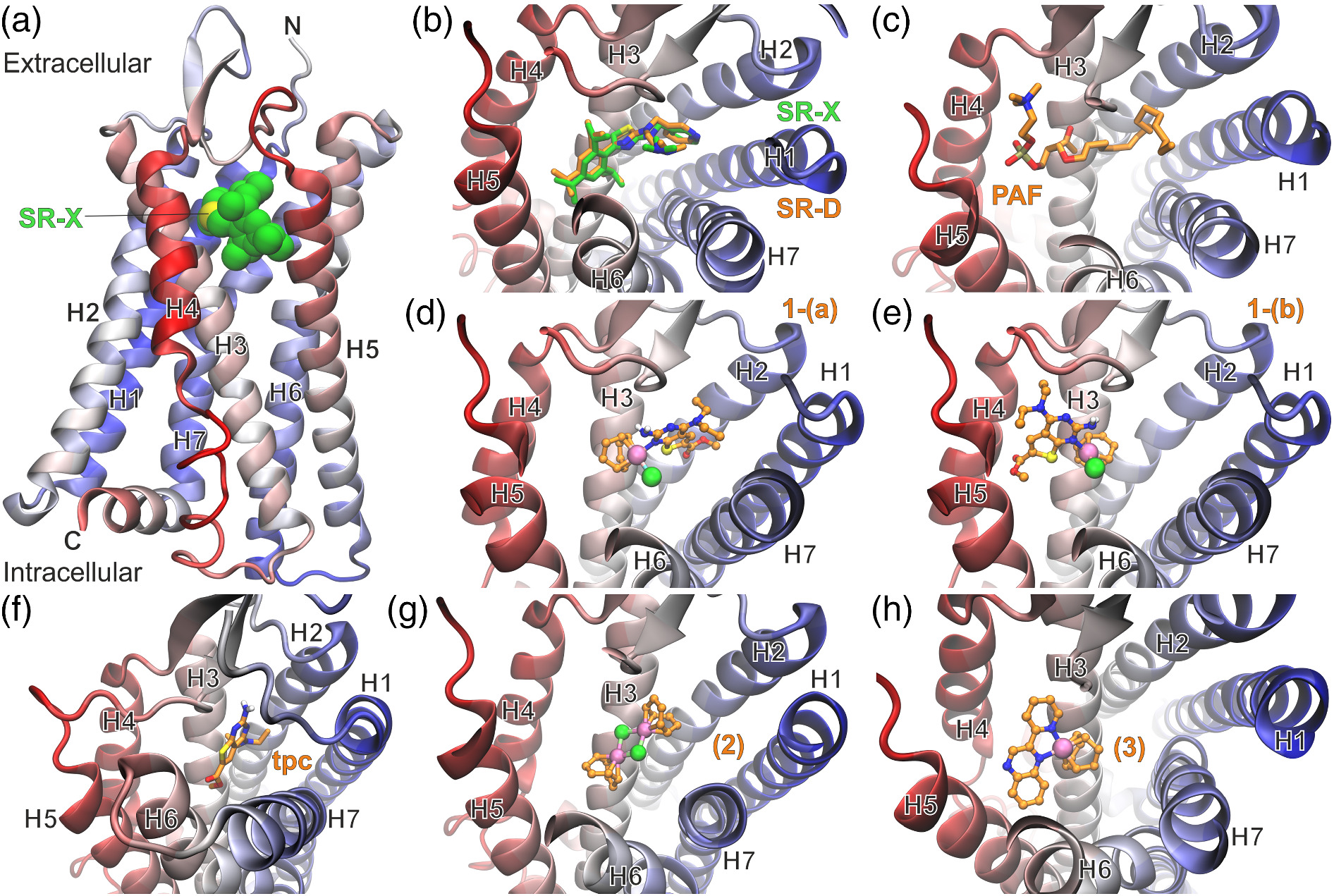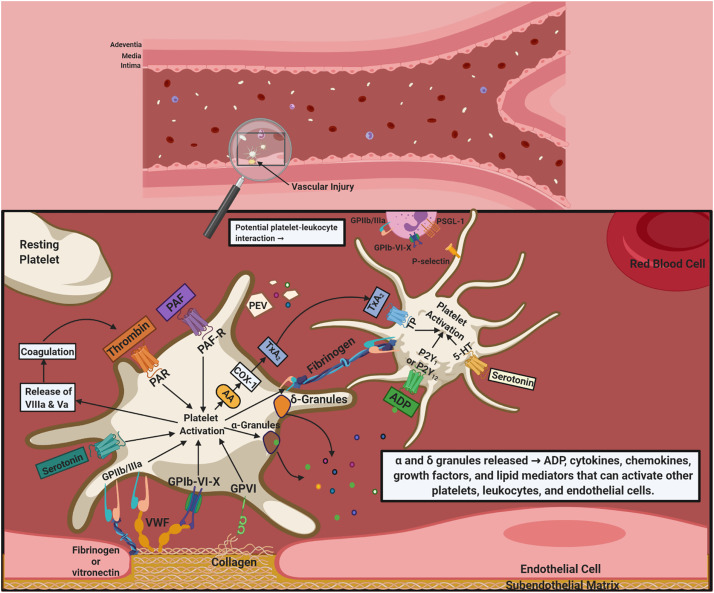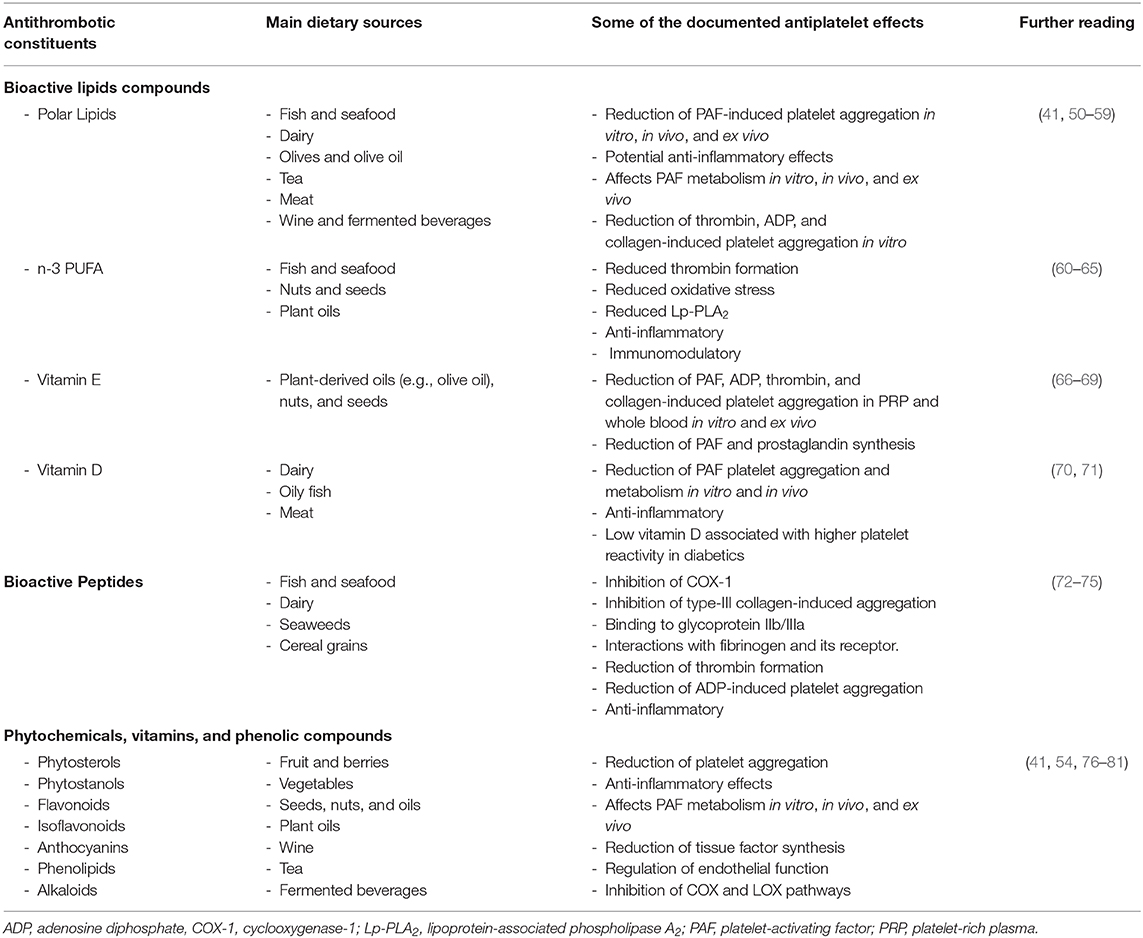Antithrombotic and antiplatelet activity of an organometallic rhodium(I) complex incorporating a substituted thieno‐[2,3‐d]‐pyrimidine ligand: Synthesis, structural characterization, and molecular docking calculations
The synthesis and spectroscopic characterization of the rhodium(I) complex 1 incorporating a substituted thienopyrimidine ligand (tpc) was reported. The solid‐state structures of tpc and 1 were determined, for the first time, by single‐crystal X‐ray diffraction. The biological evaluation of the new compounds (tpc and 1) towards the PAF‐induced aggregation in both WRPs and human platelets (hPRPs) showed that complex 1 proved to be a very potent antiplatelet and antithrombotic agent, showing better efficiency than that of the free ligand.




